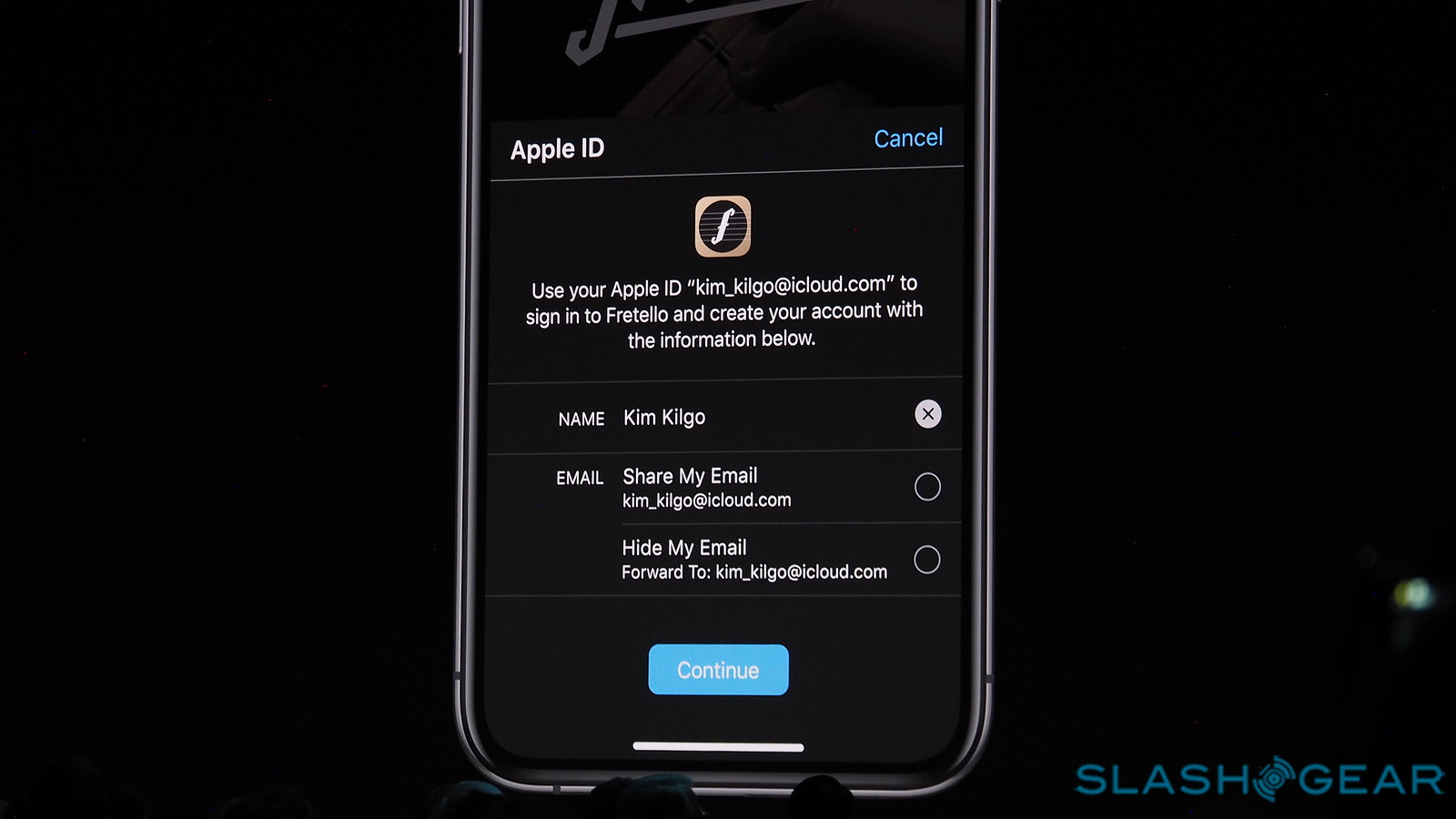Privacy and incentives
With all of the privacy concerns surrounding Google and Facebook ad data, Apple’s “Sign In With Apple” product was perfectly timed for release. Don’t get me wrong, I think the product is admirable, but this isn’t the first time something like this was done.

For those who question me, check out this release by FB back in 2014: Introducing Anonymous Login and an Updated Facebook Login.
What exactly does the sign in feature do?
Facebook and Google allow developers to use their single sign on authentication capabilities that enable any app to make create new accounts in a 3rd party developer apps. This single sign on capability passes through Google or Facebook to authenticate the user, then forwards the 3rd party developer the email address of that user for authentication in the developer app.
So what’s different?
Apple doesn’t pass the 3rd party developer the real email address of the user. Instead of joe@apple.com getting passed to the third party developer during single sign on, Apple will pass 123421312@email.com to the developer and tie that alias to the real address (joe@apple.com). This prevents 3rd party apps from having any personally identifiable information (in this case a real email address).
There’s a lot of marketing to this as well. When FB released something similar back in 2014, no one took notice. These days, with all the talk around privacy (and how FB is failing at it), Apple jumped on the opportunity to make itself look like the heroic crusader. This will likely go over well with users and it’s a bit shameful the market wasn’t aware of it when FB did this first. It just goes to show that trends and timing are usually what matter most when distributing a product.